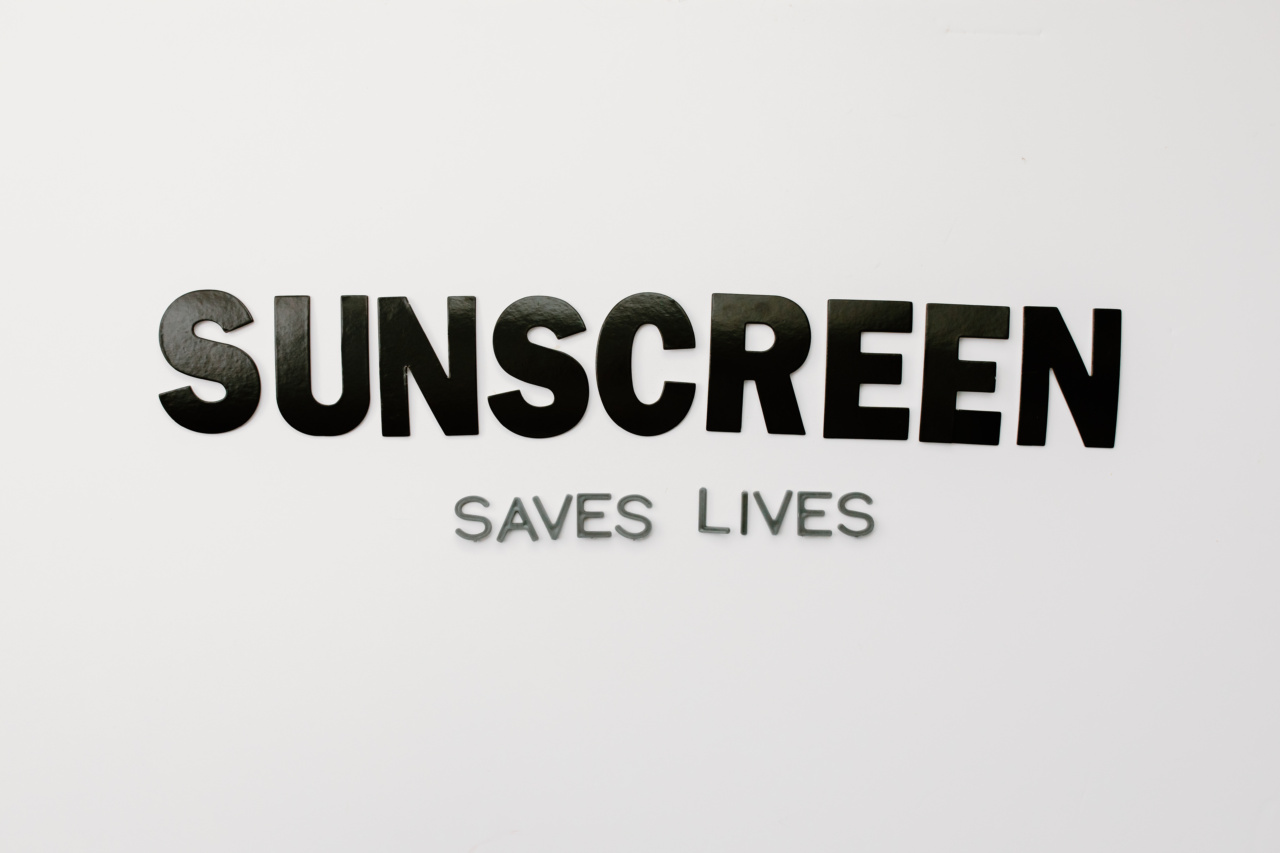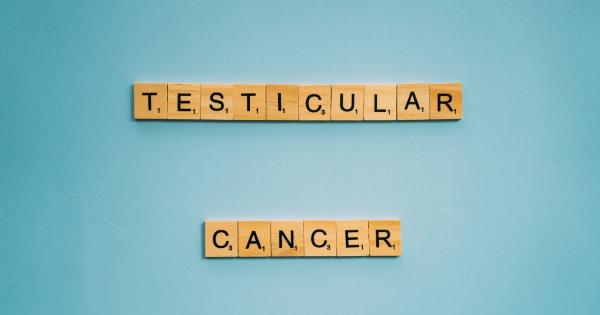Testicular cancer is a disease that affects the testicles. It is a rare cancer accounting for about 1% of all cancers in men. However, it is the most common cancer in men aged 15-35 years. Testicular cancer may also occur in older men.
Causes and Risk Factors of Testicular Cancer
The exact cause of testicular cancer is unknown. However, certain factors increase the risk of developing testicular cancer, including:.
- Age: Testicular cancer is most frequently diagnosed in men aged 15-35 years.
- Family history: Men with a family history of testicular cancer have an increased risk of developing it.
- Undescended testicle: Men who have an undescended testicle have an increased risk of developing testicular cancer.
- Abnormal testicular development: Some men may be born with an abnormal testicular development, which could increase the risk of developing testicular cancer.
- Abnormal testicular development: Some men may be born with an abnormal testicular development, which could increase the risk of developing testicular cancer.
Symptoms of Testicular Cancer
Testicular cancer may not cause any symptoms in its early stages. However, as the cancer grows and spreads, it may cause the following symptoms:.
- A lump or swelling in the testicle
- Testicular pain or discomfort
- A feeling of heaviness in the scrotum
- A dull ache in the lower abdomen or groin
- An enlarged or tender breast tissue (in rare cases)
Diagnosis of Testicular Cancer
If you experience any symptoms of testicular cancer, see your doctor for a physical exam. Your doctor may order some tests to diagnose testicular cancer, including:.
- Ultrasound: This test uses sound waves to create images of the testicles. It can help detect the presence of a testicular lump or mass.
- Blood tests: These tests measure the levels of certain proteins in the blood that are associated with testicular cancer.
- Tissue biopsy: A biopsy may be done to confirm the diagnosis of testicular cancer. A small sample of tissue is removed from the testicle and examined under a microscope.
Treatment of Testicular Cancer
The treatment of testicular cancer depends on the stage and type of cancer. Common treatments include:.
- Surgery: A surgery called a radical inguinal orchiectomy is usually done to remove the affected testicle. In some cases, the surgeon may also remove the lymph nodes in the abdomen or pelvis.
- Chemotherapy: Chemotherapy uses drugs to kill cancer cells. It may be used after surgery to destroy any remaining cancer cells.
- Radiation therapy: Radiation therapy uses high-energy x-rays or other types of radiation to destroy cancer cells. It may be used to treat testicular cancer that has spread to other parts of the body.
Prevention and Awareness of Testicular Cancer
There are no known methods to prevent testicular cancer. However, regular testicular self-examination and awareness of the symptoms of testicular cancer can help in early detection and increase the chances of a successful treatment.
It is recommended that men perform monthly testicular self-examinations to detect any abnormalities as early as possible.
Men should also talk to their doctors about testicular cancer screening. Testicular cancer screening includes a testicular exam and an ultrasound.
Testicular cancer awareness is also important. Men should be aware of the risk factors, symptoms, and treatments of testicular cancer. They should also know how to perform testicular self-examinations and seek medical attention if symptoms occur.
These efforts can improve the early detection and treatment of testicular cancer, increasing the chances of a full recovery.
Conclusion
Testicular cancer is a serious disease, but with early detection and treatment, it can be successfully treated. Men should be aware of the risk factors and symptoms of testicular cancer and perform monthly testicular self-examinations.
Regular medical checkups and screening can also help in early detection. Testicular cancer awareness is crucial in fighting this disease.

























